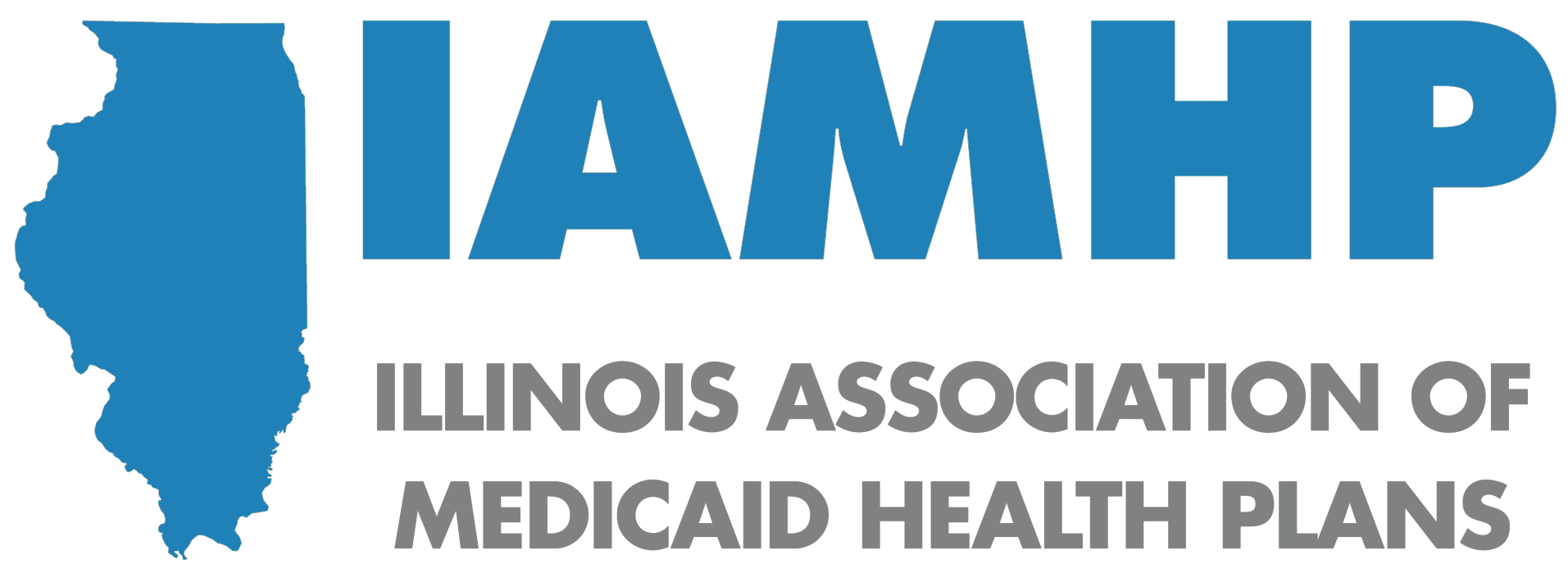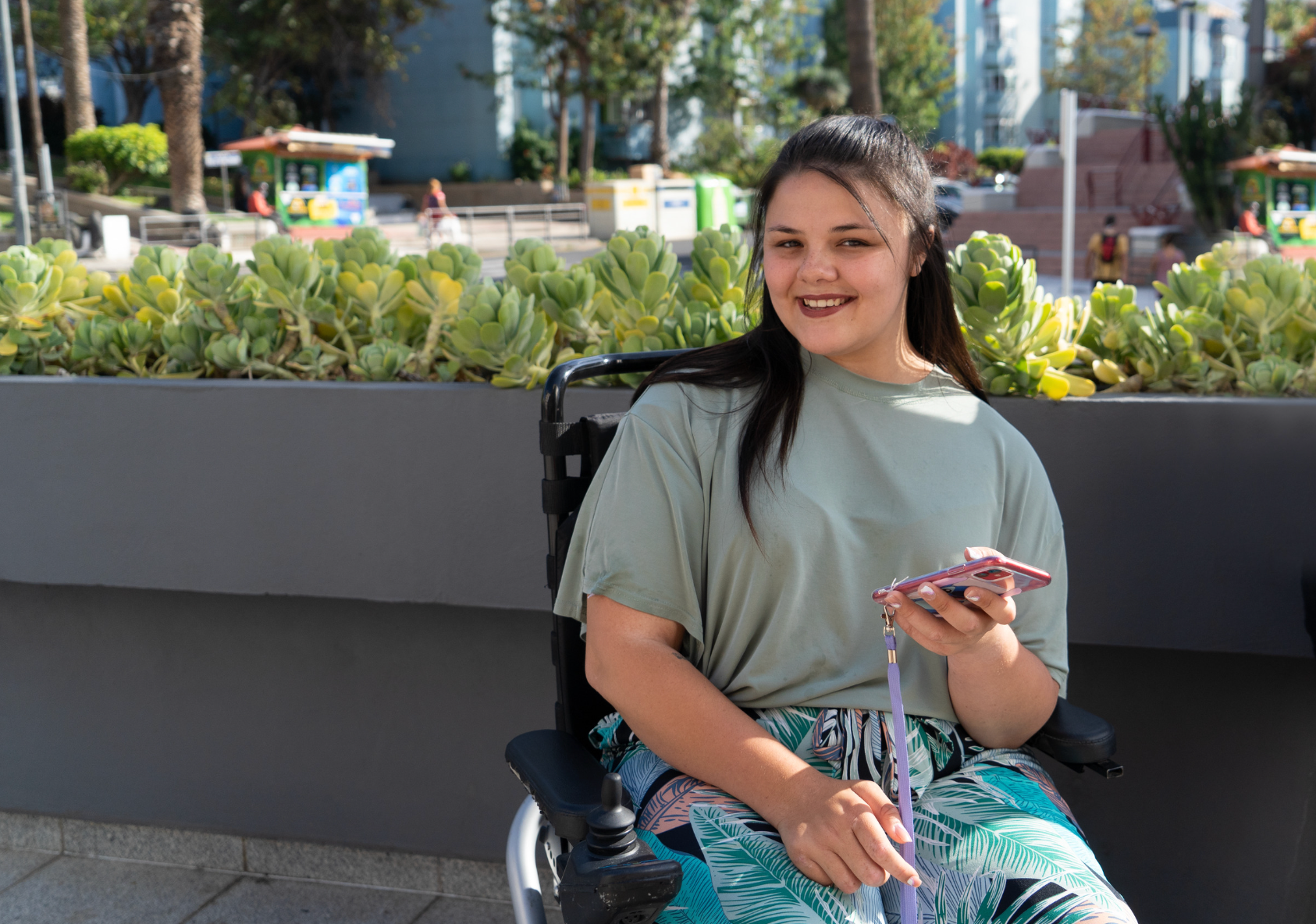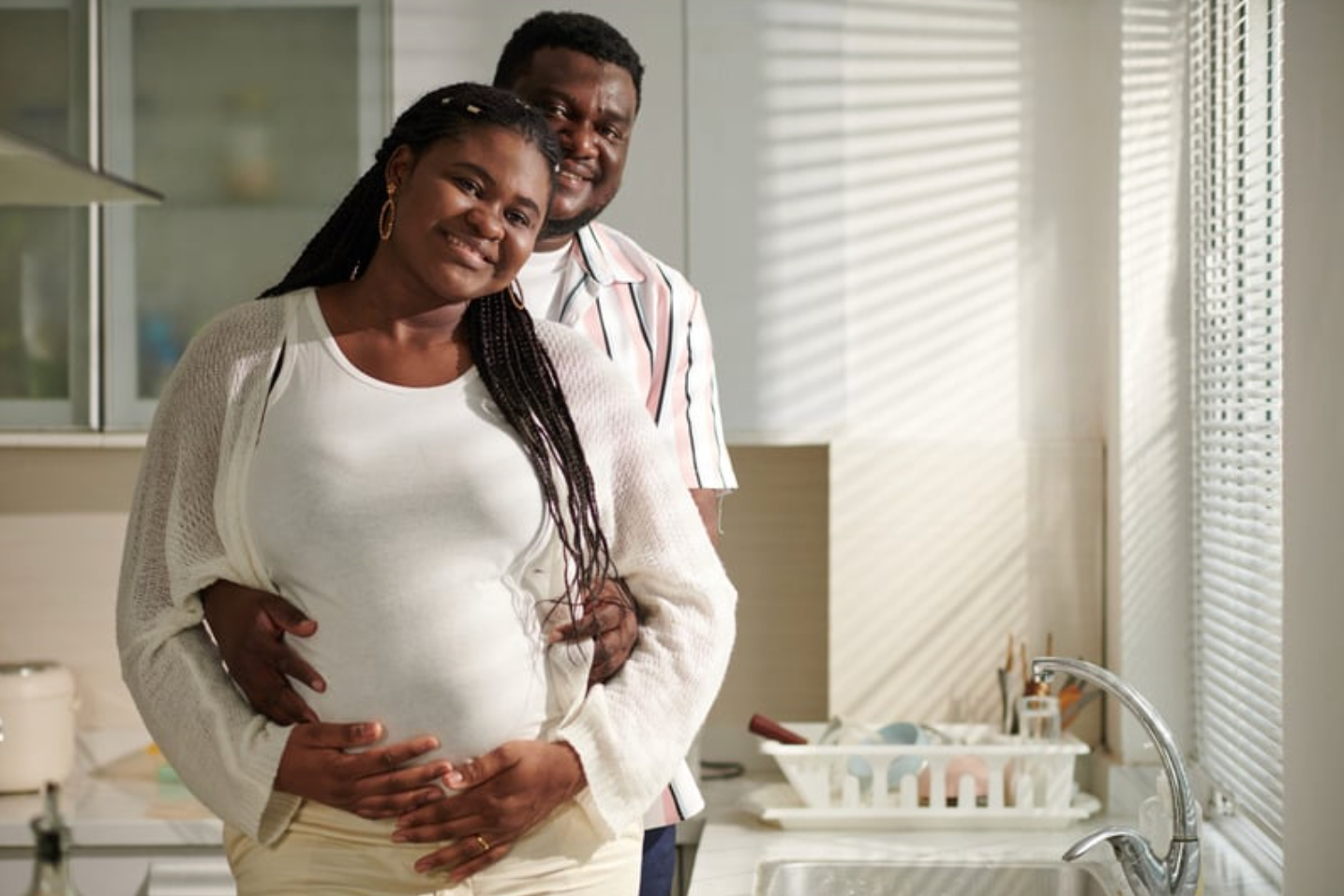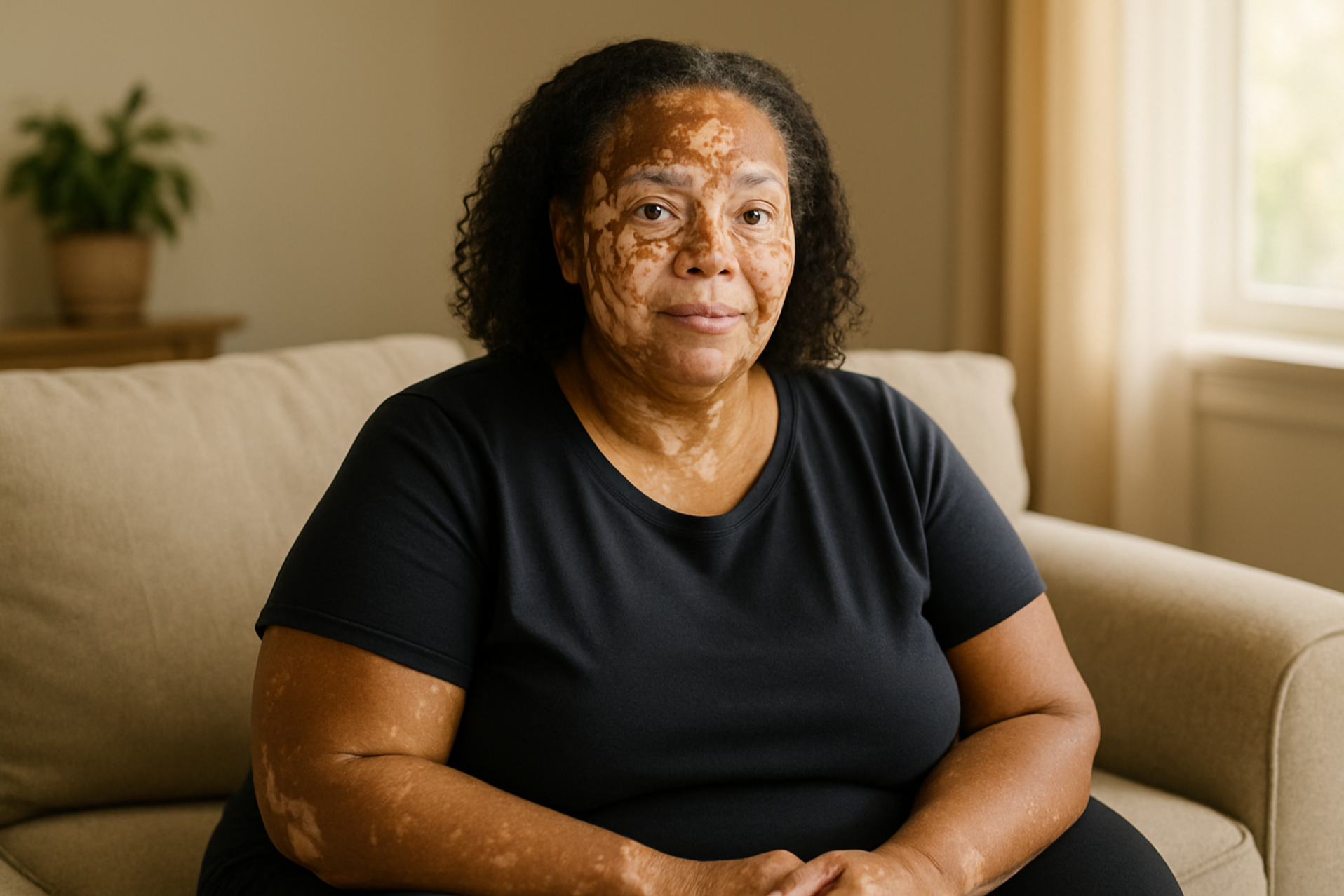Humana Member Story

Humana's Attention To Details Provides Better Quality Of Life For Member
June, a Humana member in her mid-40s, lives with a series of chronic conditions that affect her physical and mental health. She underwent a
surgical procedure for weight loss several years ago, and she was able to perform most of her daily living activities with minimal assistance from
her spouse after the surgery. Standing for extended periods of time was still difficult after her surgery, so Humana arranged to have meals
delivered to her home.
Last year, June’s mental health became unstable, and she and her spouse moved to a specialized mental health rehabilitation facility for access to group therapy and psychiatric care. After about six months of intensive mental healthcare, June wanted to become more independent and began looking for an apartment. She worked with a Humana transition coordinator to help her transition into the community and to complete a health risk assessment to identify her needs.
The care coordinator found some gaps in June’s abilities and arranged for a local homemaker service to assist with meal prep, laundry, housework and shopping. Because June walks with an unsteady gait, the care coordinator also authorized a personal emergency response (PERS) unit in case she fell. June’s mobility issues also brought up safety issues in the bathroom, and the care coordinator helped June get a shower chair, shower grab bars, a shower sprayer and bathroom grab bars, along with a cane, walker and other durable medical equipment for her new home. The care coordinator noted that June had a history of cancelling medical appointments, so together they designed a plan of care to make sure June was able to attend her medical appointments.
June continues to work with her care coordinator to remain medically stable, ensuring she is taking her medications as prescribed and calling
a counselor or medical health provider when issues arise. They stay in touch on the phone, talking at least every 30 days, and June knows she
can reach out to her care coordinator for assistance at any time.










